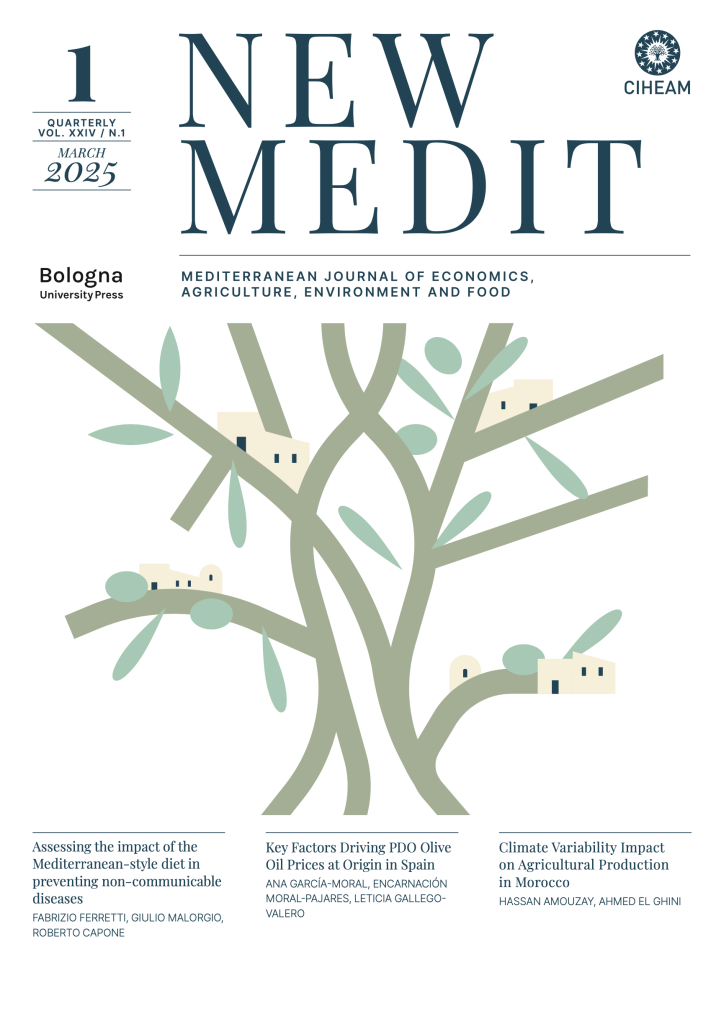Abstract
Olive oil is one of the main agricultural products of the countries that make up the Mediterranean basin. The low profitability of this sector of activity and the growing challenges of an increasingly turbulent market force the sector to search for more efficient organization. The aim of this paper is to determine the organisational and technological factors associated with the most economically efficient Tunisian olive-growing organisations. To this end, firstly the Data Envelopment Analysis method has been used to establish a hierarchy of the most efficient organizations. Secondly, the Qualitative Comparative Analysis method has been used, which allows us to establish the relationships of variables that explain the highest levels of economic efficiency. The results obtained show that the academic training of the top manager, training in information technology, the age of the organisation and the existence of plans and budget items for the adoption of information and communication technologies are variables that explain this greater efficiency.











